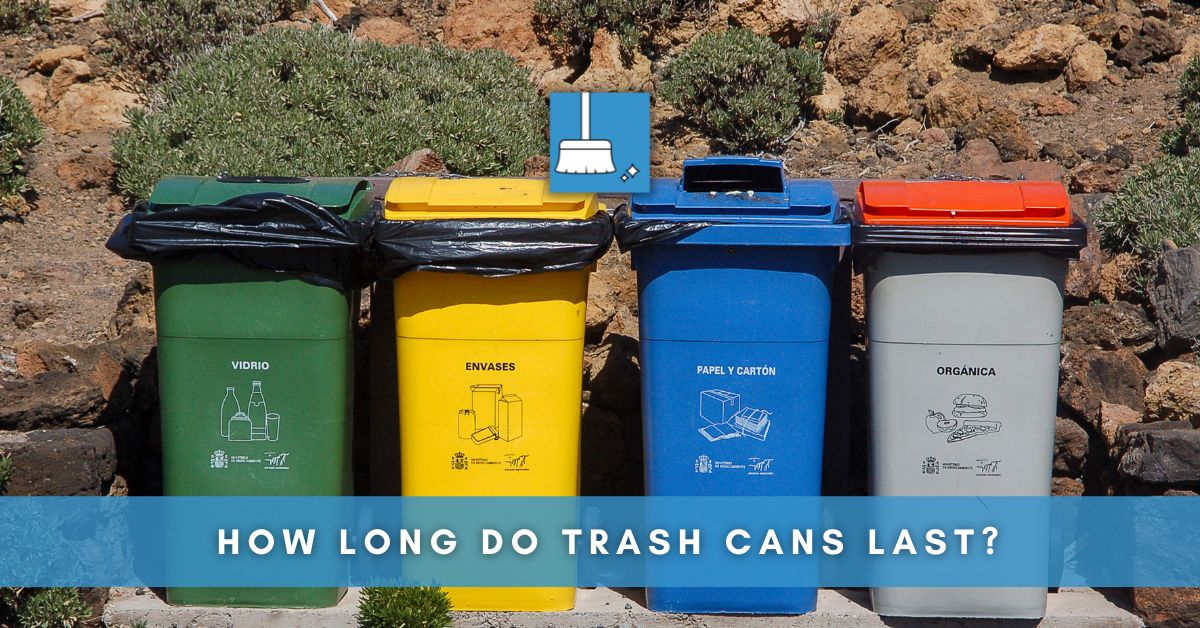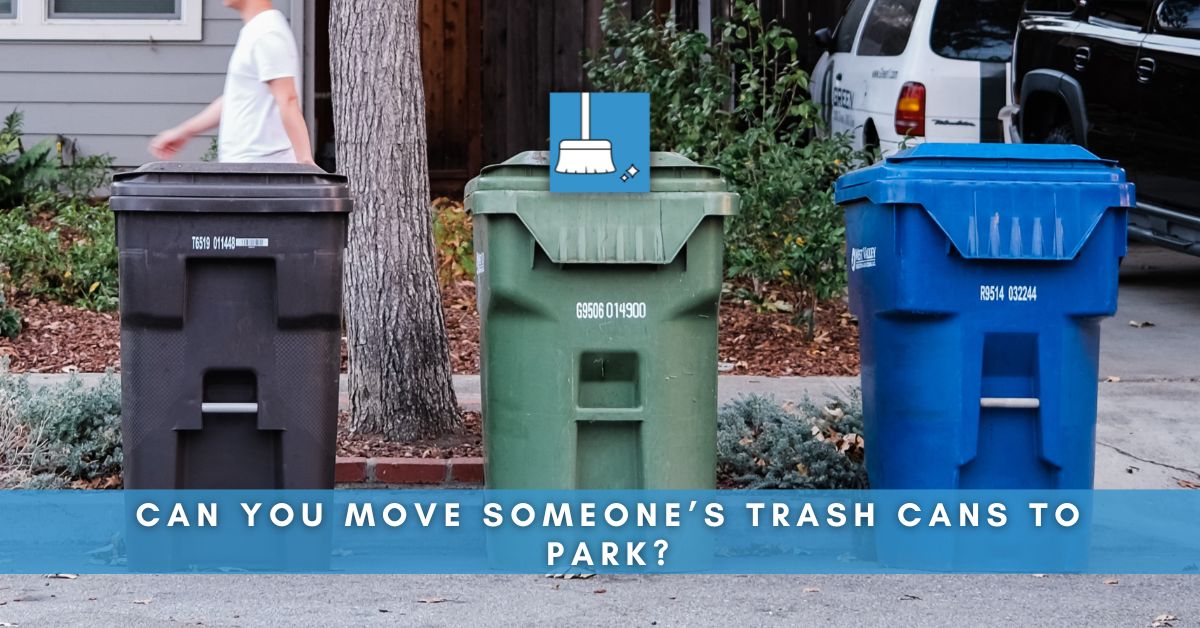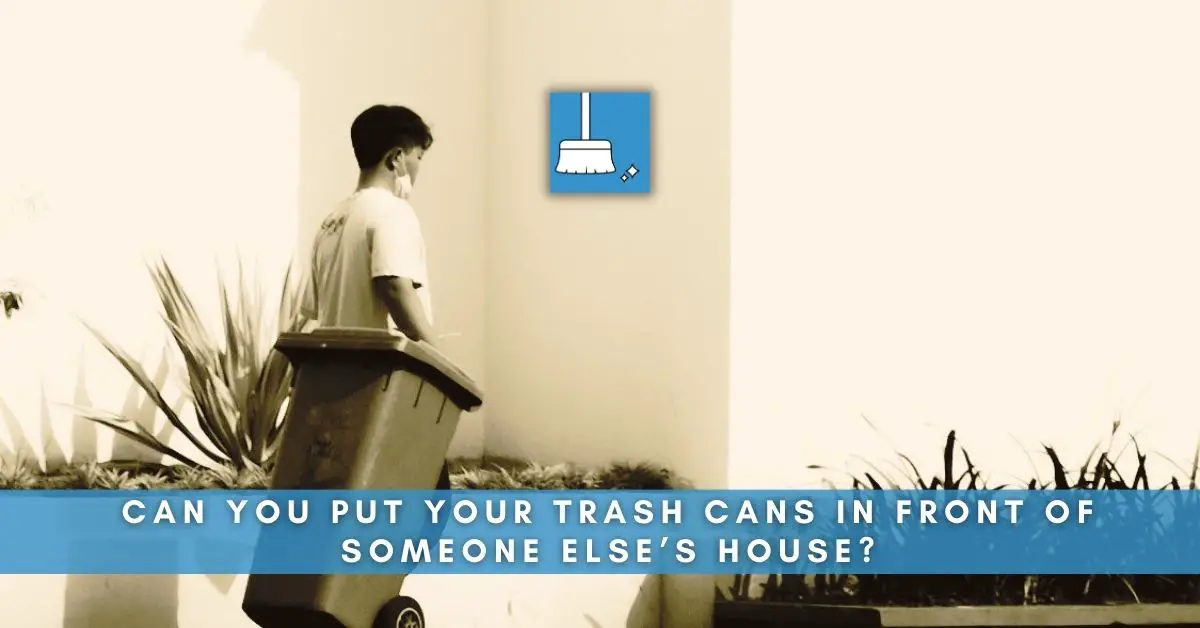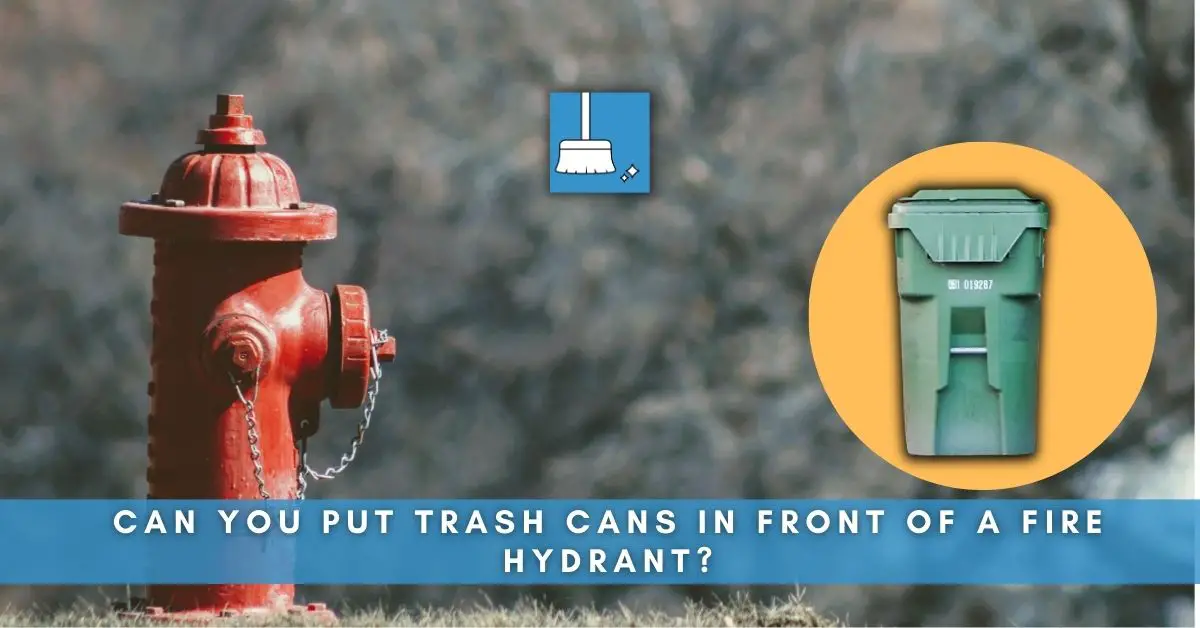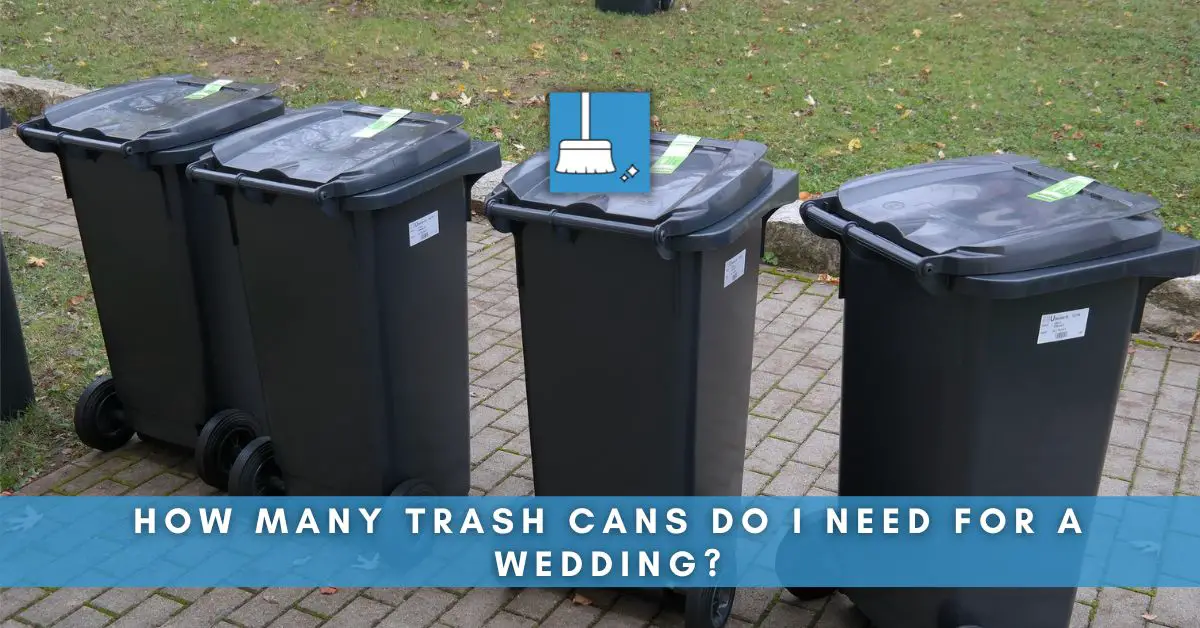Everyone has trash cans and recycling bins at home and workplace. However, we rarely think about the life span and durability of these essential items. Not all trash containers are created equal. Choosing a durable and correctly suited trash can extends the life expectancy of the bin and provides not only financial savings but also additional benefits like aesthetics, functionality, and sustainability.
Average Lifespan of Trash Cans
When it comes to waste disposal, it’s not just what you trash that matters, but the mindful consideration of the can it goes into.
According to a 2020 lifecycle analysis, the average lifespan of a trash or recycling container can range widely based on its composition and construction.
Customers with premium carts reported an average service life of 11 years, as opposed to just nine years for other cart types.
For example, customers using linear medium-density polyethylene (MDPE) containers experienced a more durable and longer lasting container as compared to high-density polyethylene (HDPE) counterparts.
Factors That Contribute to the Lifespan of Trash Cans
The longevity of a trash or recycling bin can be influenced by numerous factors such as:
1- Material: Material plays a significant role. For instance, linear medium-density polyethylene (MDPE) is known for toughness and high-impact resistance.
2- Manufacturing Process: Carts made using the Advanced Rotational Molding process exhibit maximum impact strength and improved physical properties, hence lasting longer.
3- Usage: Indoor containers often have a lengthier life-span than outdoor apartments due to exposure to elements and harsh conditions.
4- Maintenance: Regular cleaning and proper handling also play a role in extending a trash can’s life.
Types of Trash Cans
Trash cans come in various shapes, sizes, and types, all designed to help you dispose of your waste effectively. However, not every kind of trash can will suit every user’s needs.
For instance, the types of trash cans suitable for a large restaurant would be different from those needed in a small apartment. The choice should always depend on the specific needs and requirements of the user.
Different materials used in making trash cans
The longevity and durability of a trash can also significantly depend on its material. Predominant materials used in making trash cans include:
# Plastic: It’s a common and affordable material. Plastic trash cans are lightweight and come in various sizes and colors. However, they may not be as sturdy as other types.
# Metal: Metal trash cans are usually made of stainless steel or aluminum. They are sturdy, durable, and often have a more polished appearance.
# Wood: Trash cans made from wood are durable and can add an aesthetic appeal to your space. They are, however, more suitable for indoor use as external elements may quickly damage them.
Pros and cons of each material in terms of durability
Plastic:
- Pros: Lightweight, affordable, and resistant to denting and scratching.
- Cons: Can crack or break with heavy impact, less heat resistant.
Metal:
- Pros: Very durable, resistant to damage, and can withstand extreme temperatures.
- Cons: Can dent if hit hard, some types of metal can rust, typically more expensive.
Wood:
- Pros: Durable, natural aesthetic, can be painted or stained for visual appeal.
- Cons: Not waterproof or fire-resistant, can warp or rot over time.
Each type of material has its strengths and weaknesses, but proper care and handling can extend the lifespan of your trash can regardless of its material makeup.
Indications that a Trash can Needs to be Replaced
Over time, your bin can take quite a beating, which may indicate that it’s time for a replacement. From cracks to unpleasant smells that just won’t go away, these are some clear signs that your trusty trash can may need to retire.
Odors: After frequent usage, your trash can could start retaining odors even after it’s been emptied. If you’ve cleaned it and it still smells, it’s a good sign you may need a new one.
Deformation: Look for warping or other deformations. An out-of-shape trash can might not be functional, especially for models with a lid or foot pedal.
Cracks: These are the clearest indications that it’s time for a new trash can. Cracks can lead to leaks, which cause those difficult-to-eliminate odors.
Broken lids: A lid that doesn’t properly close means your trash can isn’t effectively keeping odors contained or pests out.
Faulty wheels: If you have a larger, outdoor bin, broken wheels can make transporting it quite challenging.
How to Prolong the Lifespan of Trash Cans
Taking care of your trash can is more essential than you might think. Regular cleaning and maintenance not only maintains a hygienic environment but also prolongs the overall lifespan of your trash bin. Here’s how you can ensure this:
Regular Cleaning: Frequent cleaning of the trash cans eliminates foul odors and prevents bacteria build-up. Consider cleaning the interiors and exteriors of your bin at least once a week, using warm, soapy water or any household cleaning product.
For stubborn dirt and stains, a couple of handy household items like baking soda, vinegar or a nylon scrubbie can get the job done effectively.
Proper Storage: Storing your trash can in a cool, dry location helps prevent material degradation and the build-up of mold and mildew.
Routine Checks: Regular inspections allow you to spot cracks or damages in time to take necessary corrective actions.
Cleaning & maintenance routines for different types of trash cans
Plastic Trash Can: Empty the contents on a weekly basis and clean with warm soapy water until the water runs clear. For heavy dirt and stains, scrub gently using a nylon scrubbie or old toothbrush.
Metal Trash Can: Metal trash cans should be washed out regularly to prevent rust. If signs of rust do appear, using a rust removing agent and repainting the can help extend its life.
Commercial Trash Cans: Businesses should maintain a cleaning schedule to avoid bad impressions and potential health code violations. Whether it’s a restaurant, hospital, or office building, keeping the trash cans in pristine condition is a key part of maintaining a clean and healthy environment.
Importance of having a durable trash can
A good, sturdy trash can:
• Save Money: A durable trash can means fewer repairs and replacements, leading to significant financial savings in the long term.
• Improve Aesthetic Appeal: An overflowing or damaged trash can look terrible and hurt the overall aesthetic of your home or workplace.
A strong and appropriately sized trash can handle waste effectively, improving the aesthetic appeal of the surroundings.
• Increase Sustainability: Durable trash cans, especially those made with recycled and sustainable materials, minimize the need for frequent replacements, thereby reducing waste and contributing to sustainability.
• Enhances Functionality: Some trash cans come with special features like wheels, handles, locking mechanisms, etc., for ease of use and increased functionality.
References https://wasteadvantagemag.com/four-ways-todays-trash-cans-are-not-created-equally/ https://www.recycling.com/types-of-trash-cans/ https://www.huntingtonny.gov/TrashCanLongevity https://19january2021snapshot.epa.gov/trash-free-waters/impacts-mismanaged-trash https://www.goodyearaz.gov/government/departments/public-works/trash-recycling-services/general-container-information https://trashcansunlimited.com/blog/how-to-clean-and-care-for-commercial-trash-cans/

